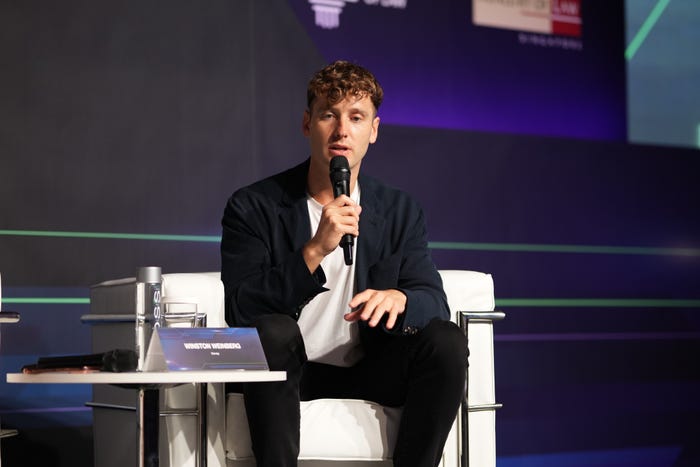
URGENT UPDATE: Harvey’s CEO, Winston Weinberg, has just announced that junior lawyers will become increasingly valuable in the evolving legal landscape dominated by artificial intelligence (AI). Speaking at TechLaw Fest 2025 in Singapore, Weinberg emphasized the crucial role of young attorneys who are equipped with AI tools, asserting that they will surpass senior partners in adaptability and fluency.
Weinberg confirmed his strong commitment to hiring and training junior lawyers, stating, “I’m 100% committed to hiring and training young lawyers.” He highlighted that these young talents, raised with AI, are more agile in embracing new technologies. “The younger you are, usually the more agile you are at adopting a new playbook,” he added.
This announcement comes as the legal industry faces significant shifts due to AI. While some industry leaders express concerns over AI potentially undermining traditional apprenticeship models, Weinberg is optimistic. He believes that AI can enhance training and create new practice areas, allowing junior lawyers to take on complex tasks earlier in their careers. “If you’re scared of something and stressed about doing something, do it and lean into doing it,” he advised, further emphasizing that this approach reduces stress and improves performance.
Harvey, which has rapidly grown to about 340 employees since its inception three years ago, is actively recruiting junior lawyers in every market it enters, including Australia and the UK. The company recently opened its APAC office in Sydney and plans to hire around 15 people there this year, with more positions expected in the future.
Weinberg’s insights are particularly relevant as a recent American Bar Association survey revealed that over 6% of the upcoming 2024 law school graduates are already moving into business and industry roles, rather than traditional law firm positions. While the majority, 54%, still secure roles within law firms, a growing number are opting to join the burgeoning field of legal tech startups, thus reshaping the future of the legal profession.
In a rapidly changing landscape, Weinberg urges law firms to focus on upskilling junior attorneys to prevent complacency. “AI systems can do the work, but there’s no reason you can’t turn those into education platforms,” he stated. This proactive approach could empower junior lawyers to establish their own firms more readily, further disrupting traditional structures.
As AI continues to transform the legal sector, Harvey’s commitment to nurturing junior talent positions the company as a pioneer in adapting to these changes. The future of law may depend on how well firms leverage the potential of junior lawyers in the age of AI.
Stay tuned for further developments on this story as the legal landscape evolves.







